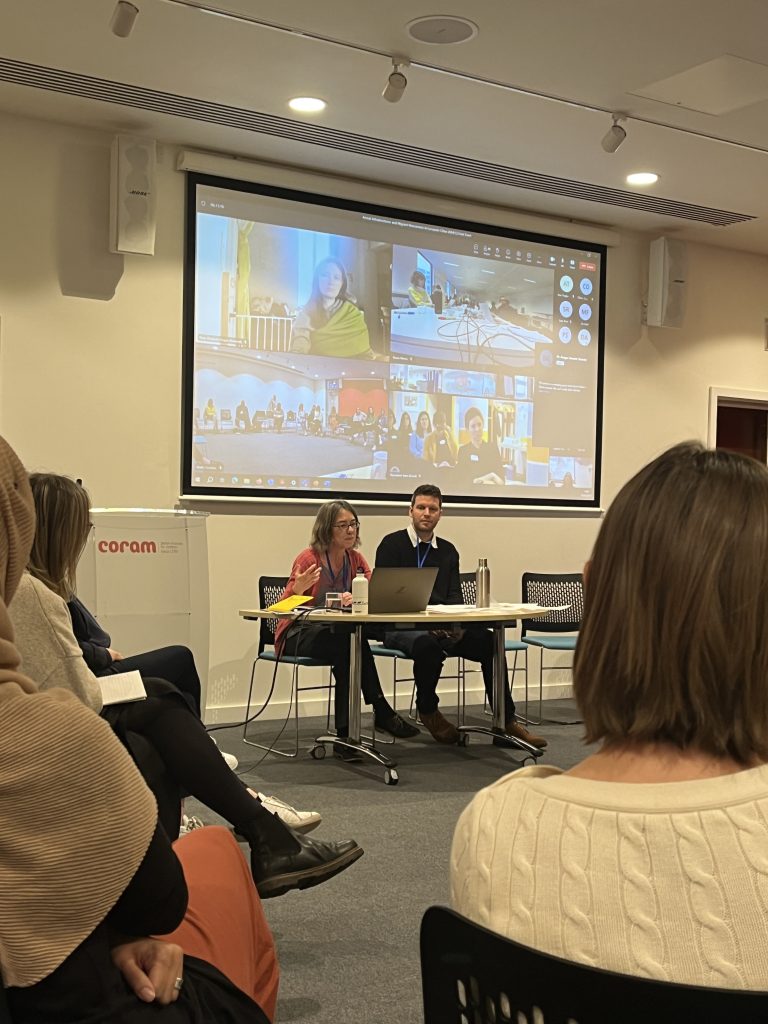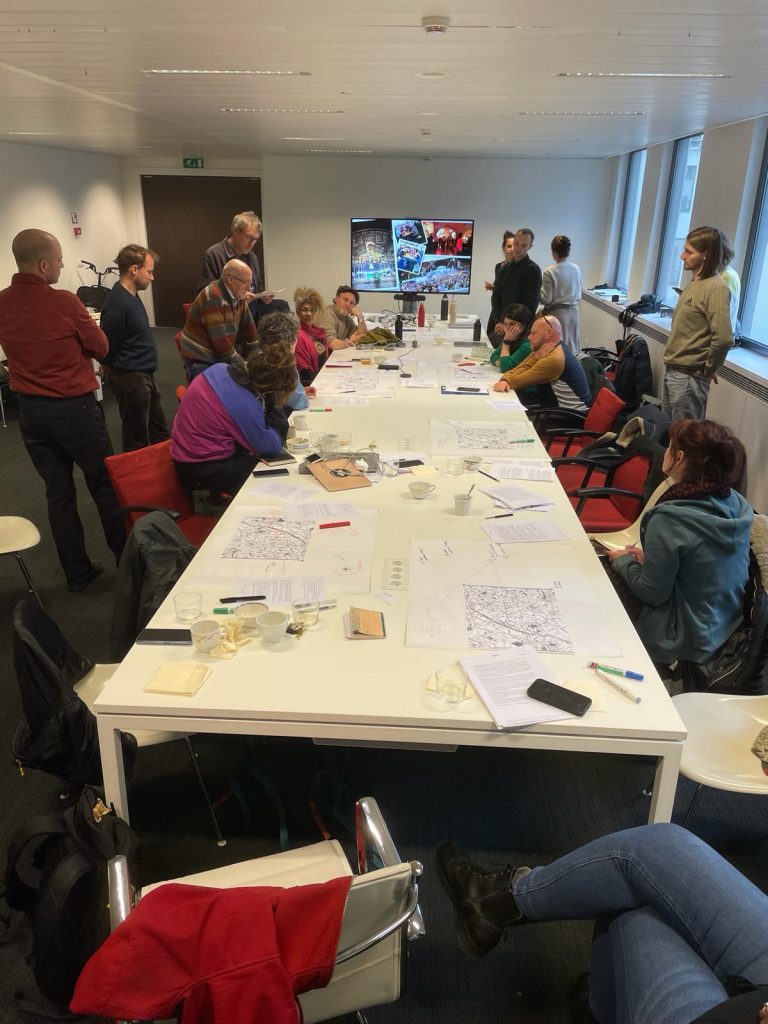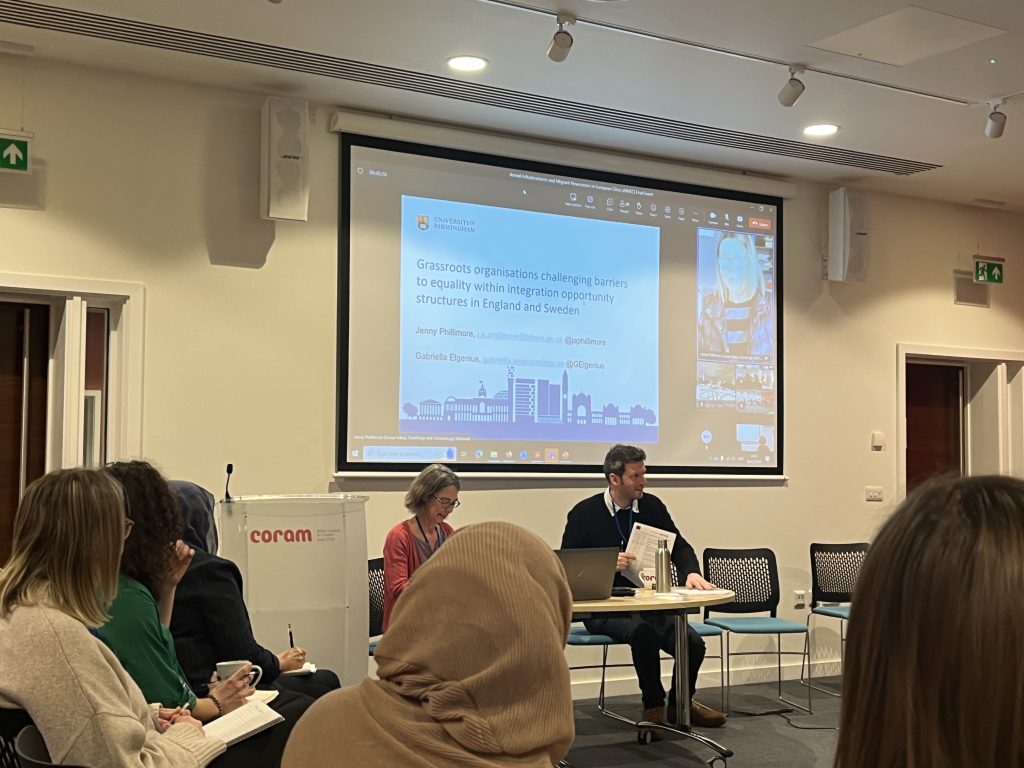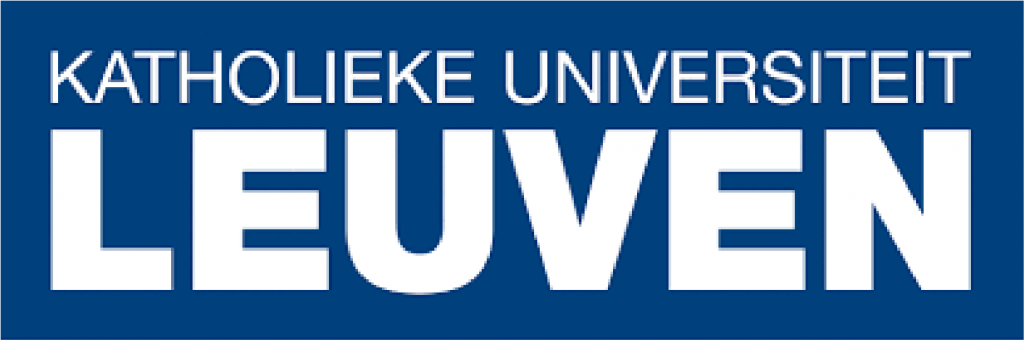AIMEC Final Event February, 5 2024



For the Final Event of the Arrival Infrastructures and Migrant Newcomers in European Cities (AIMEC) project, we saw a successful hybrid event, with many participants joining online and in person at venues in the three research site cities, London, Brussels, and Dortmund. We were happy to welcome a diverse audience, including academics, practitioners and municipality representatives from the three sites and beyond. Over the course of the morning, research teams from across the three sites gave presentations summarising their research and findings, before answering some brief questions about their work.
The London-based team explored the historical significance of the London Borough of Newham as a place of commonplace diversity where the local authority has recently adopted targeted services for new arrivals. Place is significant for those new arrivals. Spaces are often used for much more than their primary purpose, for instance, places of worship providing food banks and schools providing social support for parents. These spaces were often interconnected, though these interconnections are heavily reliant on personal connections between individuals.
Similarly, in Dortmund, speakers presented the area’s long history of immigration and explored the complexity of formal and informal arrival support. This included the role of the municipality, local civil society, social workers and commercial brokers for newcomers as they navigate the district of Nordstadt and access services. The role of informal actors emerged as unexpectedly prominent in the lives of research participants in Dortmund given the range of formal support available. The presentation showed how newcomers employ various strategies to access resources via arrival infrastructures.
Meanwhile, in Brussels, Cureghem was introduced as an area that historically developed as a refuge as well as a transit zone for migrants. Speakers guided the audience through various layers of arrival infrastructure in Cureghem. One layer is found in the surroundings of the Gare du Midi train station and consists of night shelters, hotels, rough sleeping areas, access points to food and drinks, clothes and odd jobs. This allows certain newcomers to build a precarious livelihood, albeit with no stable anchor in the neighbourhood. Another focus was how migrants and various other actors reshape and repurpose the various layers of arrival infrastructure during their processes of arrival.
There were several key themes that were brought up over the course of the morning, both by the speakers and audience members:
- The significant difference in the structures of the local authorities in each site.
- The importance of the scale of the city and urban system in which arrival is shaped.
- The impact of national and local government spending and policy.
- Short term responses vs long term planning resulting in a bricolage of services
- Access to health care, with a particular focus on mental health.
- The crucial role of formal and informal intermediaries in providing support via signposting and handholding.
- The implications of various ways of using the concept ‘arrival infrastructure’ in academic and more policy-oriented settings.
In the afternoon, attendees at each site went away to further develop distinct lines of discussion. In London, the discussion was centred on the experiences and perspectives of practitioners and front-line workers who engaged with the project. In Brussels, there was a focus on the poly-centricity in arrival infrastructures, speaking with social professionals and academics. In Dortmund, bringing insight from actors from Dortmund and the city of Duisburg, there was a discussion on local arrival politics and strategies for better participation of newcomers.
The group sessions provided the opportunity for several useful discussions, the necessity of a holistic approach for supporting migrants, and that service providers have a real responsibility to remove barriers and obstacles where they can increase engagement. There were further observations about the lack of trust in large organisations and statutory functions in comparison to the smaller and more localised organisations, and how partnership working can help with resourcing and trust.
The day was rounded off with a fantastic presentation from Professor Jenny Phillimore, ‘Grassroots organisations challenging barriers to equality within integration opportunity structures in England and Sweden’. This session successfully brought together many of the themes from across the day and gave all attendees a chance to ask questions on the problematic conceptualisation of ‘integration’ as a goal and the crucial role grassroots organisations play.
The strongest recurrent theme throughout the day, was the vital role that grassroots and participatory organisations play in providing appropriate, helpful and valued support for newly arrived migrants. This was evident in the research findings, from the voices in the room, and the subsequent discussions. We look forward to seeing how these conversations develop into further work and research.






